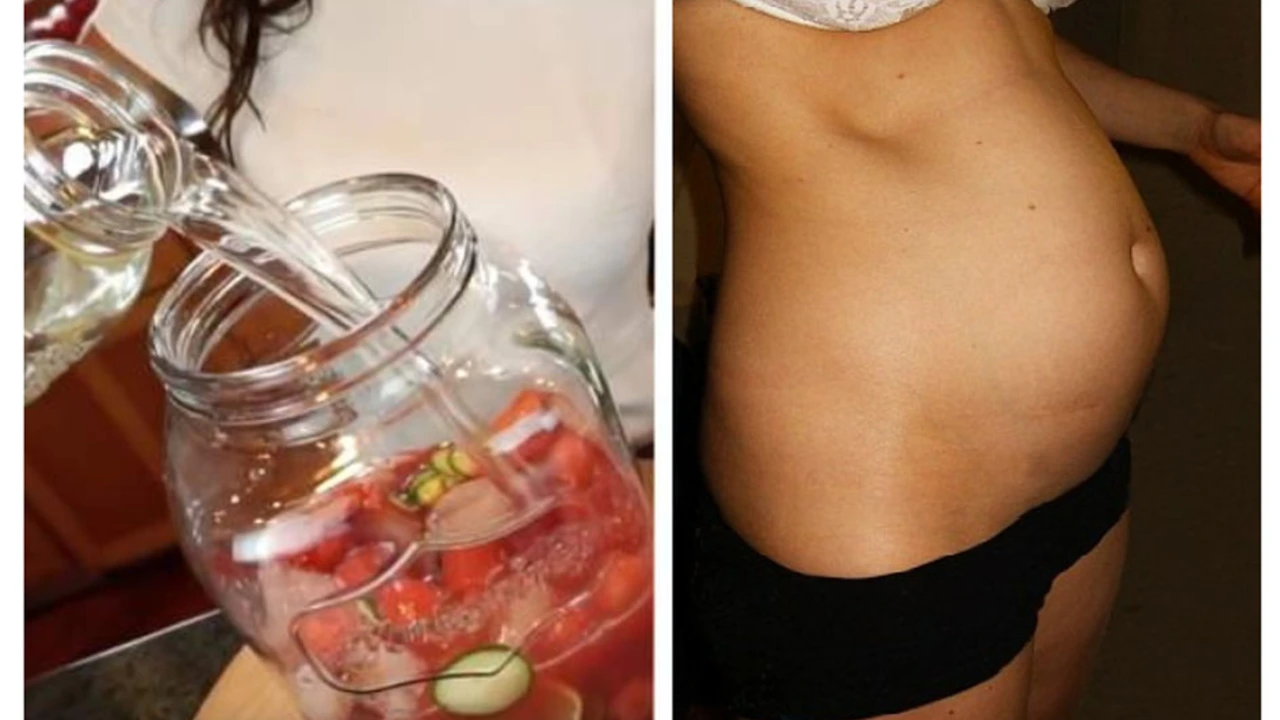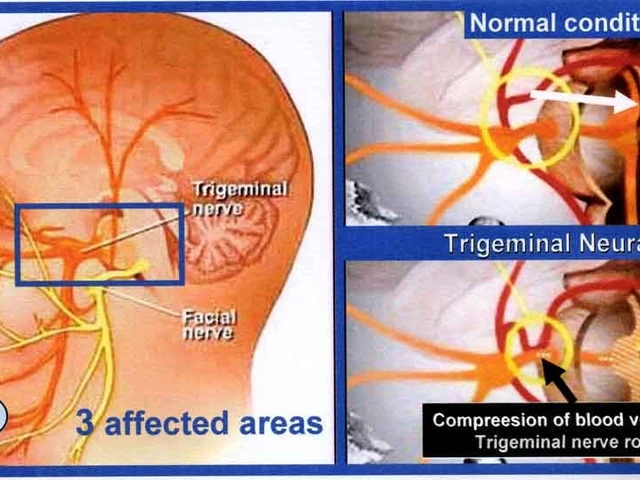Introduction to Fluid Retention
Now, I'm sure most of us have experienced bloating or feeling particularly heavy after a hearty meal, haven't we? That, my friends, can often be an instance of fluid retention in the abdomen, just on a rather small scale. But do you know why this happens? And let me tell you, it's not just those portions of delicious Irish stew. While excessive eating or intake of salty food can indeed lead to bloating, many other factors can contribute to this, not the least of which can be adverse health conditions. So let’s don our detective hats and delve into the belly of the issue, shall we?
Understanding the Swell of the Matter
The human body, in all its glorious complexity, is over 60% water. This water is housed within our cells, in the space between the cells, and in our blood vessels. Now, when the balance between the amount of fluid we intake and expel, gets disturbed, we experience fluid retention, also known as oedema. It's kind of like when your sink gets blocked - the water's got nowhere to go and just pools up there. The abdomen, particularly, is a common area of the body where excess fluid may accumulate, leading to a condition known as ascites. It can feel uncomfortable and even painful at times. But don't you worry, anything can be managed or even prevented if understood and addressed early enough, even belly waterlogging!
Life can be a Swell, look out for the signs!
Okay, friends, let's try a little exercise - no, not that sort, you can stay seated. Try and remember when you last felt a sense of heaviness or discomfort in your stomach. Maybe after a hefty dinner or that one time when you couldn’t say no to the extra beer at the pub. But some signs are not as benign. Persistent swelling, discomfort, limited movement, breathlessness might all be indicators of something more significant in your abdominal area. Your tummy isn't just playing host to food and beer, but potentially, a more persistent guest - fluid retention. And believe me, understanding its signs is the first step towards kicking it out!
Diving Deeper into Abdominal Fluid Retention
So, we've got a basic idea of fluid retention, but, you see, it's not just about a bloated belly. Different factors and conditions cause fluid retention in the abdomen ranging from liver issues, heart failure, even cancers to malnutrition, an unhealthy diet, or as simple as poor digestion. Interlinked, they form a chain of causes and effects that demand our mindful approach. But if we've made it to the moon and back, surely we can manage the water levels in our bodies too, right?
Ways to Keep the Tides Low
Now, onto the bit we've all been waiting for – how do we manage fluid retention in the abdomen? Listen, it's not rocket science, but it does need consistent efforts. Dietary changes are a significant first step. Reducing sodium intake, increasing water consumption, avoiding processed foods, and opting for a balanced diet are some of the basic changes. Performing regular exercises can aid in better digestion and a healthy body. Sometimes, medical issues require professional supervision and treatment, so don't shy away from medical assistance when needed. But remember, every small step counts!
A Story for Another Day
Believe it or not, yours truly, have had his run-ins with abdominal fluid retention. I mean, c'mon, living in Limerick with all the tasty food and beer around, it was bound to happen, ey? But won't spin that yarn just yet - that's a tale for another day. For now, just remember to love your body, listen to it, and treat it well. Remember, you're not just managing fluid retention but enhancing your life!
As friendly as this banter might be, I would like to remind everyone that any persistent discomfort should not be neglected and must be consulted with a professional. Now, armed with this knowledge, let's aim for healthier, happier bellies, shall we?





